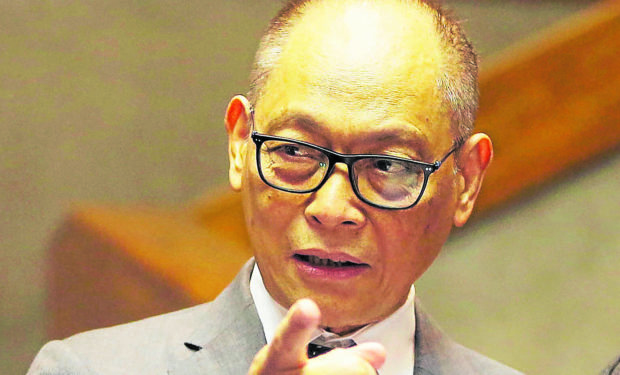Philippine universal and commercial banks were able to continue supporting the country’s financing needs, showing a steady rise in assets, loans, and deposits.
Bangko Sentral ng Pilipinas (BSP) Governor Benjamin Diokno said in his latest weekly media briefing on Monday that universal and commercial banks sustained profitability with ample credit loss reserves, sufficient liquidity and capital buffers.
Such banks’ assets were beefed up by 8.2 percent in April to reach a total of P19.4 trillion. This was more than double the growth rate of 4 percent recorded in April 2021.
Diokno said asset growth in April was driven mainly by deposits, which rose by 8.7 percent to P15.2 trillion.
The bulk of the universal and commercial banks’ assets, their total loan portfolio expanded by 9.8 percent to P10.7 trillion.
The banks lent to productive sectors like real estate, wholesale and retail trade, and manufacturing.
At the same time, loan quality showed signs of recovery as their nonperforming loan ratio eased to 3.6 percent at last April, from 3.9 percent in the same month of 2021.
“The full implementation of the Financial Institutions Strategic Transfer Act and the extension of effectivity of some of BSP’s credit-related relief measures are seen to provide support to the continued growth in [universal and commercial banks’] lending, Diokno said. Thus, these banks as an industry segment saw the growth of their net profits revving up to 26.7 percent to reach P61.4 billion at the end of March.
This was a reversal from the 4-percent contraction recorded in the same period in 2021.
In a report dated May 30, Fitch Ratings said they revised the outlook on the Philippine banking system to “stable” from “negative,” citing continued economic recovery from recession as well as waning risks related to the pandemic.
However, the credit watcher maintained the negative outlook on the creditworthiness of five Fitch-rated Philippine banks, considering that such ratings are tied to that of the national government.
These include the privately owned BDO Unibank, Bank of the Philippine Islands, and Metropolitan Bank and Trust Co. as well as state-owned Land Bank of the Philippines and Development Bank of the Philippines.
In the latest peer review report on Philippine banks, Fitch Ratings said the five banks’ issuer default ratings are driven by their expectation of sovereign support in times of need rather than by the banks’ standalone credit profiles. INQ
